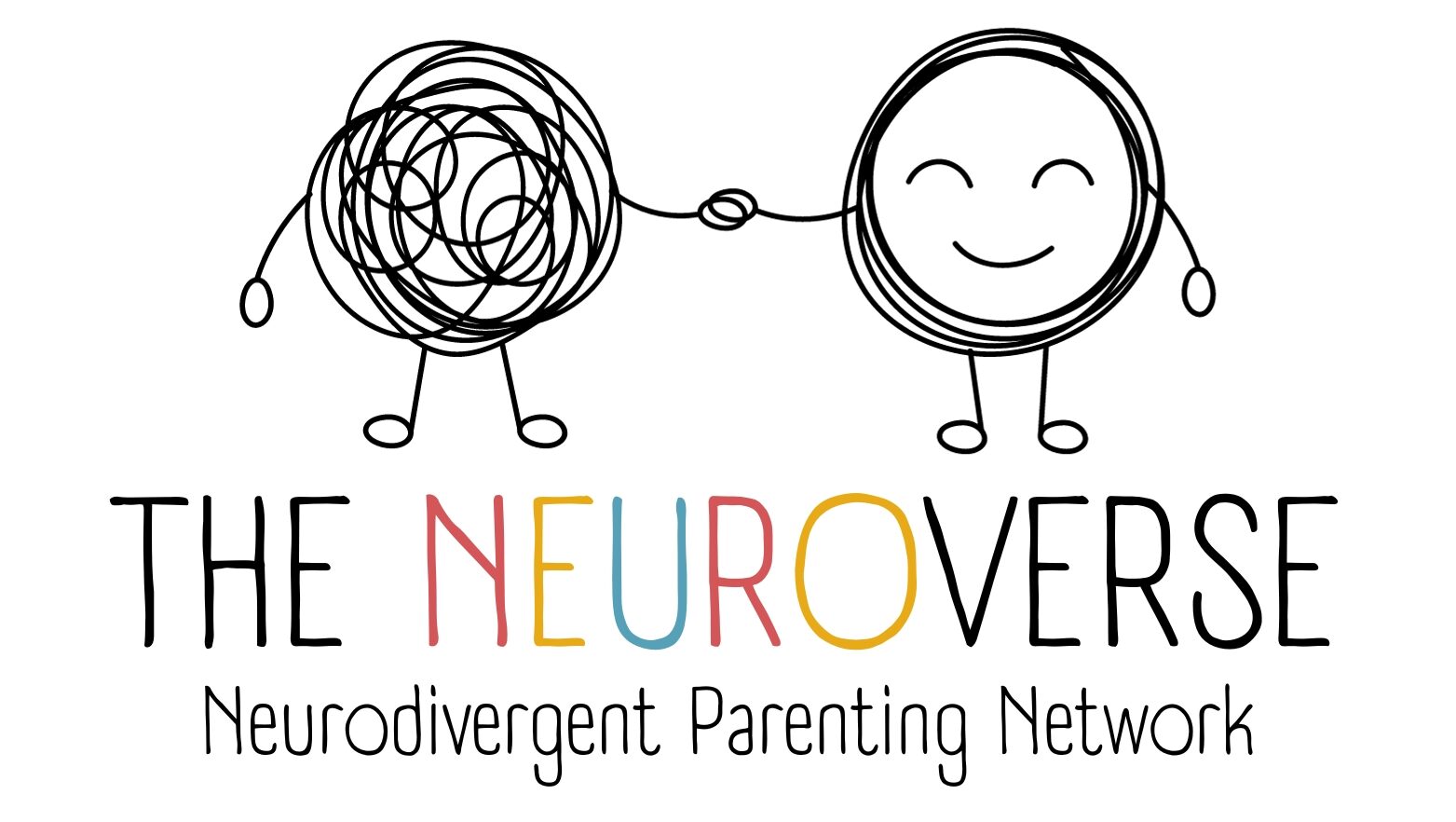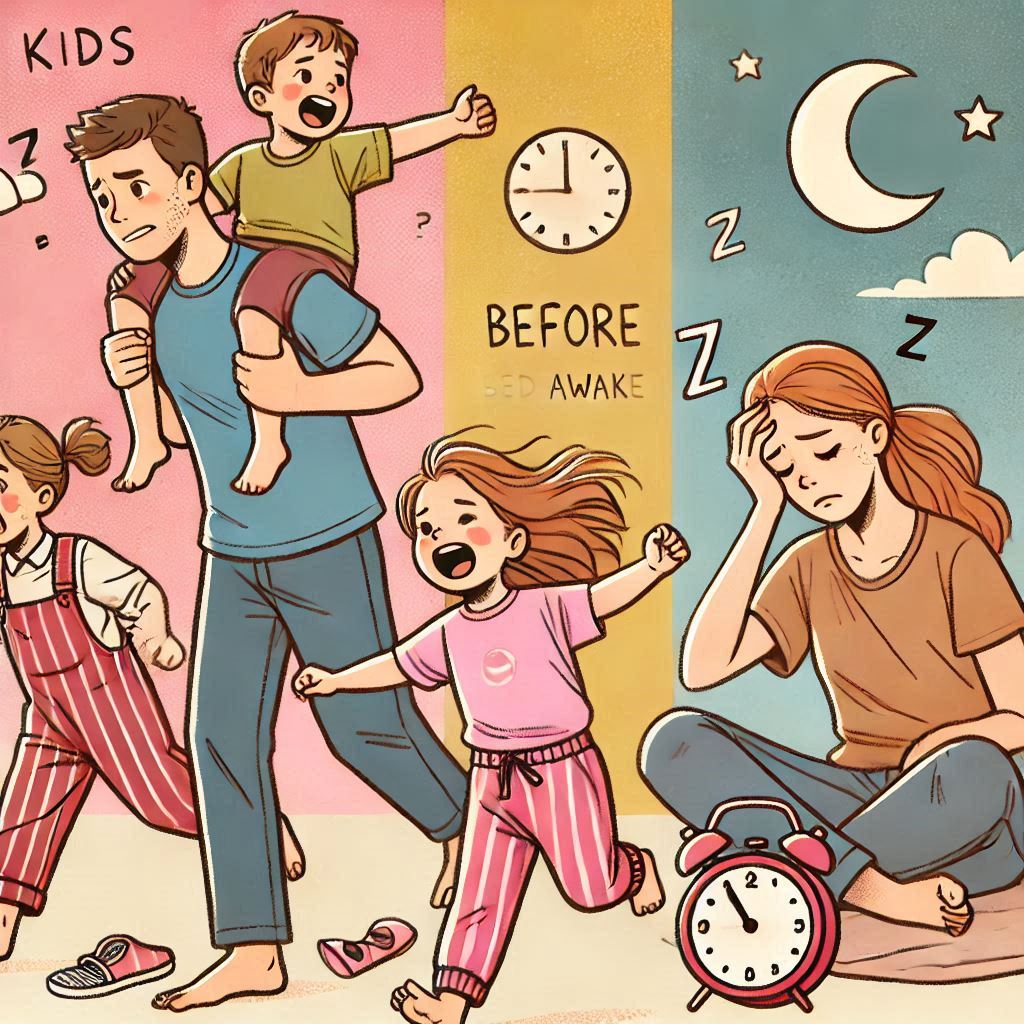GASLIGHTING Parents of Neurodivergent Children

Understanding and Addressing Gaslighting in the Lives of Parents of Neurodivergent Children
What is Gaslighting?
Gaslighting is a form of psychological manipulation where someone makes you doubt your own thoughts, feelings, and memories. It’s like when a person repeatedly tells you that what you believe or remember isn’t true, making you question what really happened and even your sanity. This insidious tactic can be particularly harmful when it comes from trusted family members or professionals, such as medical practitioners or therapists, who are expected to provide support and validation. For parents of neurodivergent children, gaslighting can exacerbate feelings of confusion, frustration, and helplessness, further complicating their ability to advocate effectively for their child.
How Gaslighting Can Present Itself
Gaslighting by medical professionals, therapists and/or family can manifest in various ways, including:
- Dismissal of Concerns: Professionals might downplay or dismiss a parent’s concerns about their child’s symptoms, behaviours, or treatment needs. A parent might notice specific behaviours or symptoms in their child and seek professional help, only to be told that they are overreacting or imagining things. For instance, a doctor might say, “You’re just being overprotective; your child is fine,” despite clear signs that something is amiss
- Contradicting Experiences or Shifting Blame: Telling parents that their observations or experiences with their child are inaccurate or not significant. For example, when parents share detailed observations about their child’s challenges, a professional might contradict them, saying, “That’s not what I see here,” even if the parent’s observations are accurate and consistent over time. Or they may suggest that the parent is overreacting, overly sensitive, or responsible for the child’s issues due to their parenting style.
- Minimising Problems and Invalidation: Underestimating the severity of the child’s condition or the impact it has on the family’s life. A professional or family member might downplay the severity of a child’s condition, suggesting, “All kids have quirks,” thereby invalidating the parent’s genuine concerns and need for support.
Identifying Gaslighting
Recognising gaslighting can be challenging, especially when it comes from professionals. Parents can identify gaslighting through feelings of confusion, frequently second-guessing their observations, and noticing a decrease in their confidence about their parenting decisions. If interactions with others consistently make them feel unheard or doubted, they might be experiencing gaslighting. Here are some signs to look out for:
- Feeling Confused: Frequently feeling confused or second-guessing your perceptions and experiences.
- Constantly Apologising: Feeling the need to apologise excessively, even when you know you’re right.
- Diminished Self-Esteem: Experiencing a decrease in self-confidence and questioning your abilities as a parent.
- Isolation: Feeling isolated because your concerns are consistently dismissed or invalidated.
- Reluctance to Seek Help: Being hesitant to seek further medical or psychological support due to fear of being gaslit again.
Responding to Gaslighting
If you suspect you’re being gaslit by a healthcare professional here are some tools and scripts you can use:
- Document Everything: Keep detailed records of all interactions, including dates, times, and what was discussed. This can provide clarity and support your case if needed.
- Seek Second Opinions: Don’t hesitate to seek a second or third opinion from other professionals. Different perspectives can validate your concerns.
- Assertive Communication: Politely but firmly express your observations and needs. For example:
- “I understand you have a different perspective, but my observations and experiences with my child are valid and important.”
- “I feel my concerns are not being taken seriously. Can we discuss this further or involve another professional for a second opinion?”
- “I need to ensure my child receives the best care. If we can’t work together on this, I may need to seek help elsewhere.”
- Set Boundaries: Clearly state your expectations and boundaries with the professional. Let them know that dismissing or invalidating your concerns is unacceptable.
- Build a Support Network: Surround yourself with supportive family, friends, and advocacy groups. They can provide emotional support and help reinforce your confidence.
When addressing gaslighting with family members or friends, it’s important for parents to remain calm, assertive, and clear. Here are some scripts that can help:
Script 1: Acknowledging and Asserting Concerns
“I understand that you might see things differently, but what I’ve seen with [Child’s Name] is real and valid. We’ve talked to professionals who confirmed [Child’s Name]’s diagnosis. It’s important we support [Child’s Name]’s needs instead of brushing them off.”
Script 2: Providing Evidence-Based Responses
“I know you’re concerned, but [Child’s Name] has been diagnosed with [specific neurodivergent condition] by qualified professionals. Here’s what they recommended. It would really help [Child’s Name] if we could all be on the same page and support them together.”
Script 3: Emphasizing Support and Understanding
“I know you care a lot about [Child’s Name], and it’s crucial that we create a supportive environment. Recognising [Child’s Name]’s neurodivergence helps us address their unique strengths and challenges. Ignoring their condition only adds to the confusion and frustration.”
Script 4: Setting Boundaries
“For [Child’s Name]’s sake, we need to recognize and respect their neurodivergence. Ignoring their experiences can harm their self-esteem and development. Let’s all be supportive and try to understand more about their condition together.”
Script 5: Encouraging Open Dialogue
“I think we all want what’s best for [Child’s Name]. If you have concerns or questions about their diagnosis, let’s talk about it openly. It’s important that we work together to support [Child’s Name] in the best way possible.”
These scripts aim to maintain a calm and constructive dialogue, ensuring that the focus remains on the child’s well-being and the necessity of a supportive environment.
Steps for Parents to Strengthen Their Approach
- Educate Family Members: Provide literature, resources, and information about the child’s neurodivergence to help family members understand the condition better.
- Seek Professional Support: Involve a neutral third party, such as a therapist or counsellor, to mediate discussions and provide an authoritative perspective on the child’s needs.
- Consistency in Communication: Reiterate key points consistently to reinforce the message and prevent any misunderstanding or misinterpretation of the child’s condition and needs.
- Empathy and Patience: Recognise that family members may need time to adjust their perceptions and understand the child’s neurodivergence. Approach these conversations with empathy and patience, allowing space for growth and learning.
By employing these strategies and scripts, parents can effectively address and mitigate gaslighting from family members, fostering a more supportive and understanding environment for their neurodivergent child.
Safeguarding Against Gaslighting
To protect yourself from gaslighting, consider the following strategies:
- Educate Yourself: Learn about your child’s condition and treatment options. Being well-informed can empower you to advocate effectively and recognise when something is amiss.
- Trust Your Instincts: Your instincts as a parent are powerful. Trust your observations and feelings about your child’s needs.
- Advocacy Groups: Join support and advocacy groups where you can share experiences and gain insights from other parents facing similar challenges.
- Therapist Selection: When choosing therapists or medical professionals, seek recommendations from trusted sources and look for practitioners who specialise in neurodiversity and have a reputation for being supportive and empathetic.
- Self-Care: Prioritise your well-being. Engage in activities that reduce stress and boost your confidence. A healthy mind is better equipped to handle challenging situations.
Conclusion
Gaslighting from medical professionals and/or family or friends can be a significant source of pain and confusion for parents of neurodivergent children. It is essential to recognise the signs of gaslighting, assertively address it, and take proactive steps to protect yourself and your family. Remember, you deserve to be heard, and your concerns are valid. Empowering yourself with knowledge, building a strong support network, and trusting your instincts will help you advocate effectively for your child’s needs.
References
Klein, W., Li, S., & Wood, S. (2023). A qualitative analysis of gaslighting in romantic relationships. Personal Relationships. https://doi.org/10.1111/pere.12510
What Exactly Is Gaslighting, and Why Do People Do It? Psychology Today. Retrieved from https://www.psychologytoday.com/articles/what-is-gaslighting
The Sociology of Gaslighting. American Sociological Association. Retrieved from https://www.asanet.org/wp-content/uploads/attach/journals/oct19asrfeature.pdf
Kukreja, P., & Pandey, J. (2023). Workplace gaslighting: Conceptualization, development, and validation of a scale. Frontiers in Psychology. Retrieved from https://www.frontiersin.org/articles/10.3389/fpsyg.2023.888123/full
Medical gaslighting: to say that invoking psychological symptoms is equivalent to dismissal is reductionist. (2022). BMJ, 378. doi:10.1136/bmj.o2236
Sharpe, M. (2022). Medical gaslighting: to say that invoking psychological symptoms is equivalent to dismissal is reductionist. BMJ, 378. doi:10.1136/bmj.o2236
SpringerLink. (2021). Gaslighting. Retrieved from https://link.springer.com/article/10.1007/s11245-018-9611-z Sociological Association.



Leave a Reply